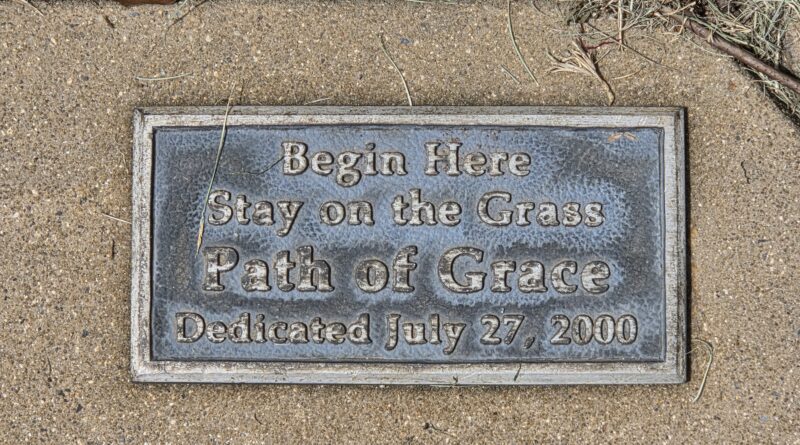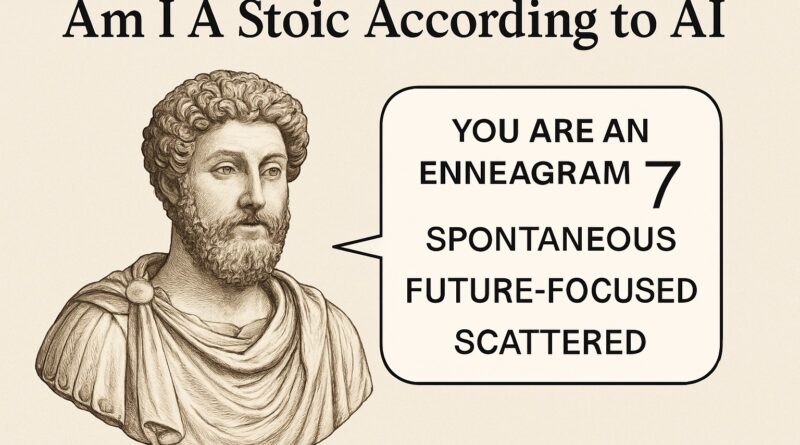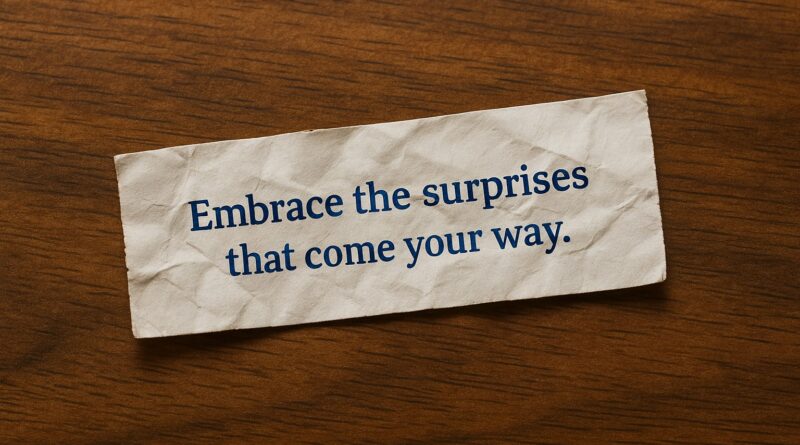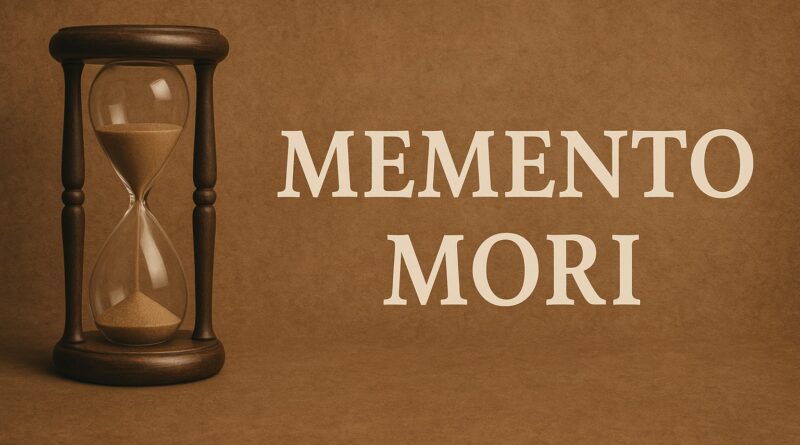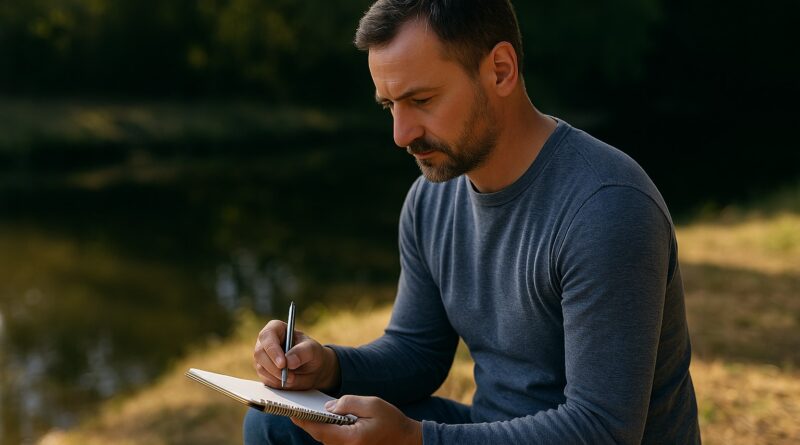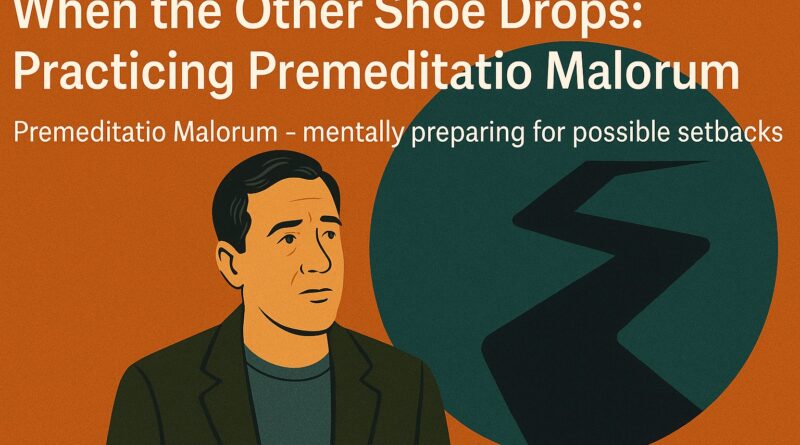The View from Above
I walked the hospital garden and followed the path of grace. At the end a bronze plaque carried lines from Psalms nine and ten. Refuge for the oppressed. God hears the afflicted. The metal was warm under my hand. Nothing was fixed. Yet something in me settled enough to breathe.
The Stoics call it the View from Above. Rise in your mind. See the room, the floor, the building, the town, the small blue world. The pain stays real, but it finds its size. From there the next right act appears. Ask a clear question. Hold a hand. Eat. Pray. Sleep if you can. The practice pairs with the dichotomy of control and with evening reflection. It opens the frame, then helps you learn from the day.
Tomorrow I head to Boone while my sister and a caregiver sit with Mom. Those mountains have taught me to climb, look, and return. The Wesleyan way names that rhythm as grace. Action without contemplation is unrooted. Contemplation without action is inconsequential. In a brittle season for our republic, this practice steadies my voice and keeps my heart useful.
Read more
